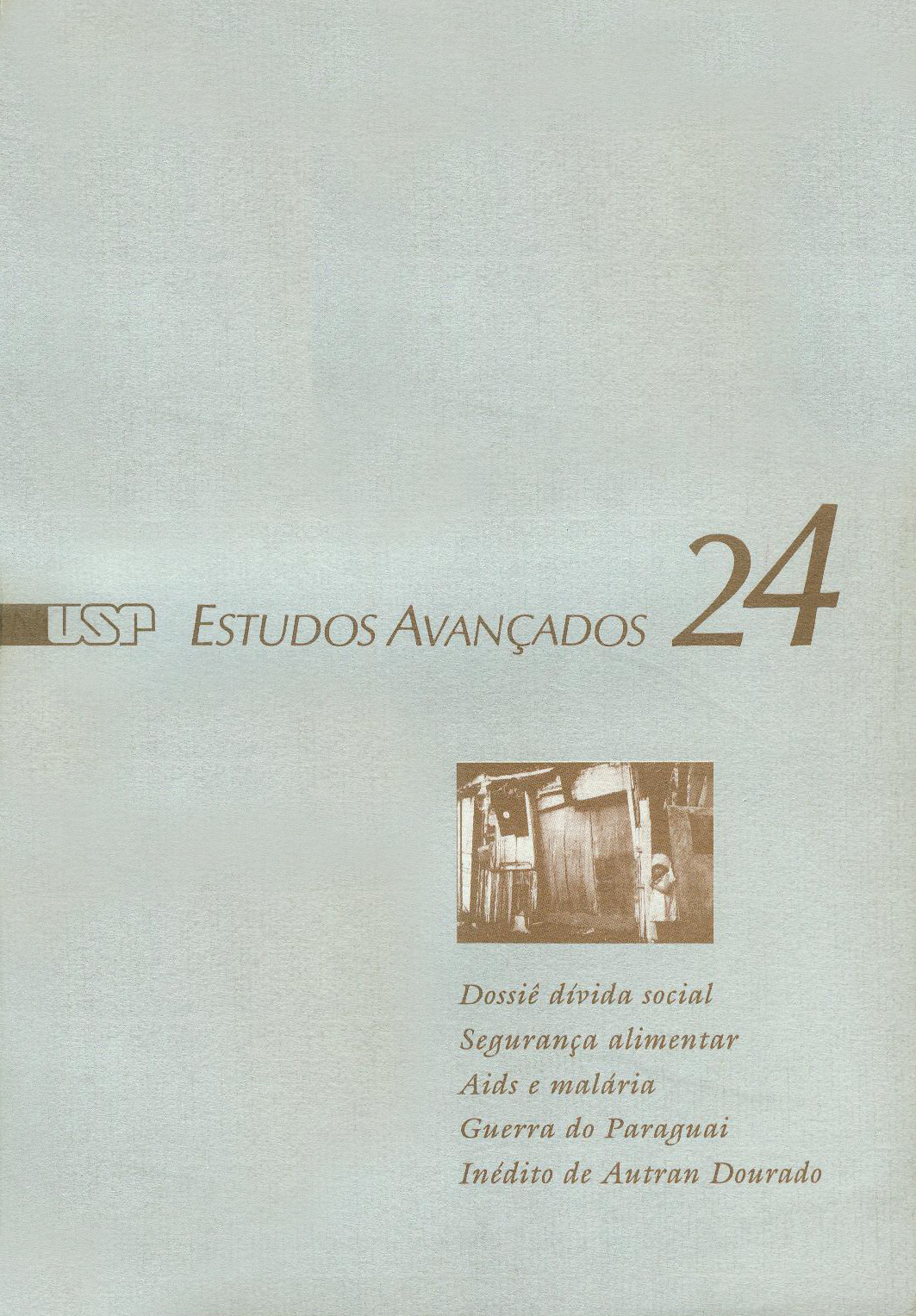Integração social ou novas relações entre Estado e sociedade no Brasil
Abstract
This article begins with the observation of two current phenomena: demographic change and the critical pattern of income distribution in Brazil. It's principal argument concerns the question of strengthening the relationship between the State and civil society in a context where globalization comes to impose distinct political directives on the treatment of the social problem. In dealing with the social and territorial integration question, which is strongly characterized by social exclusion, the basic thesis is that the social dimension must be introduced into the country's set of macro-politics, especially those related to stabilization. As long as treatment of the question is limited to only compensatory policies, there will be room for false arguments regarding means and ends, and resulting high inefficiency costs. The paper presents some ways of moving towards democratic construction which involve the relationship between State and society. As an alternative to the competitive entry project presently underway, it proposes economic overture based on a national project in which public actions are democratically defined. This implies the elimination of the elite's privileges and the opening of effective channels with the organized social movement which would permit publicization and a rupture to State omnipotence.Downloads
Download data is not yet available.
Downloads
Published
1995-08-01
Issue
Section
Dossiê Dívida Social
License
Estudos Avançados não celebra contrato de cessão de direitos autorais com seus colaboradores, razão pela qual não detém os direitos autorais dos artigos publicados. Os interessados em reproduzir artigos publicados na revista devem necessariamente obter o consentimento do autor e atribuir devidamente os créditos ao periódico.
How to Cite
Smith, R., & Oliveira, A. A. de. (1995). Integração social ou novas relações entre Estado e sociedade no Brasil . Estudos Avançados, 9(24), 117-139. https://www.journals.usp.br/eav/article/view/8870


